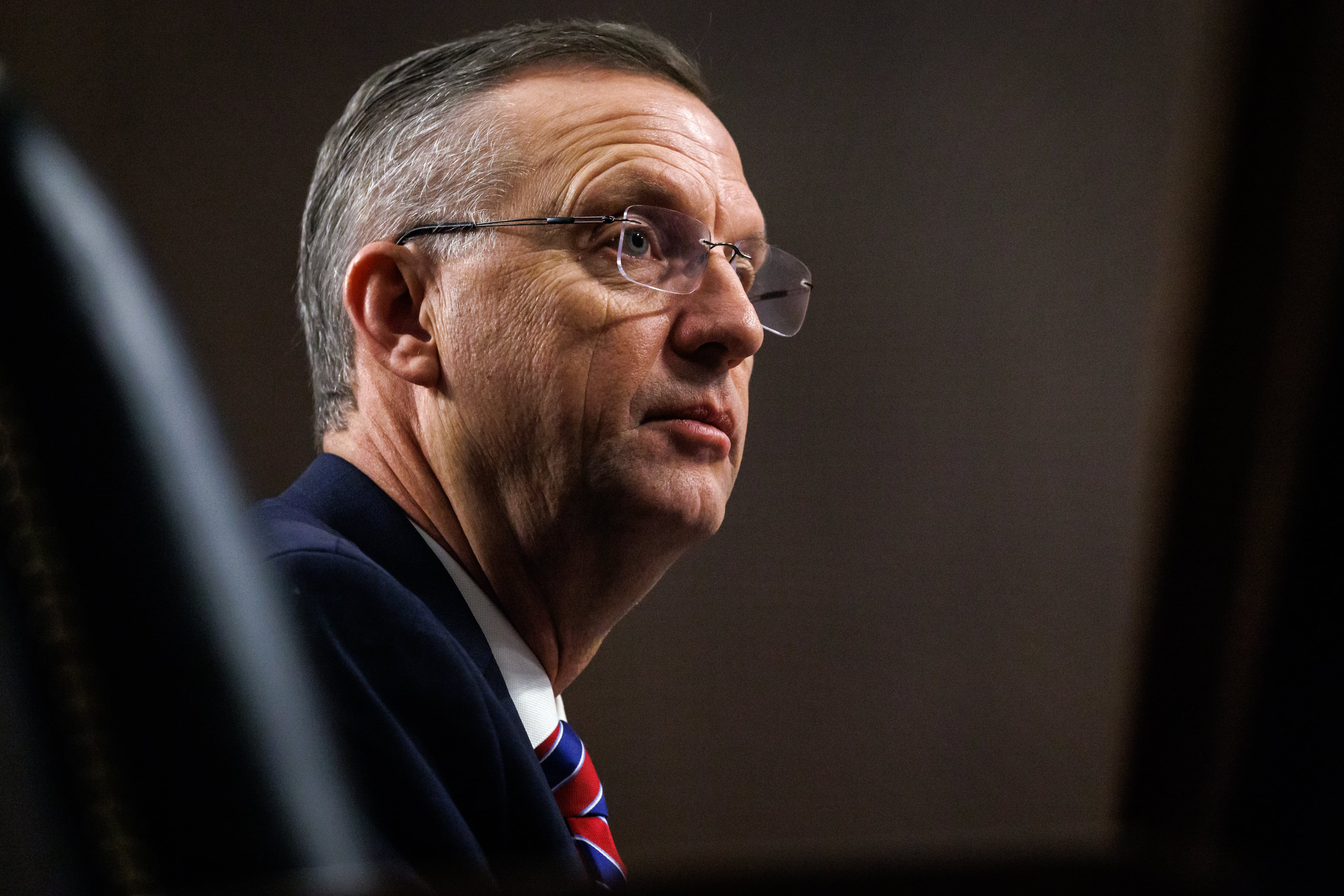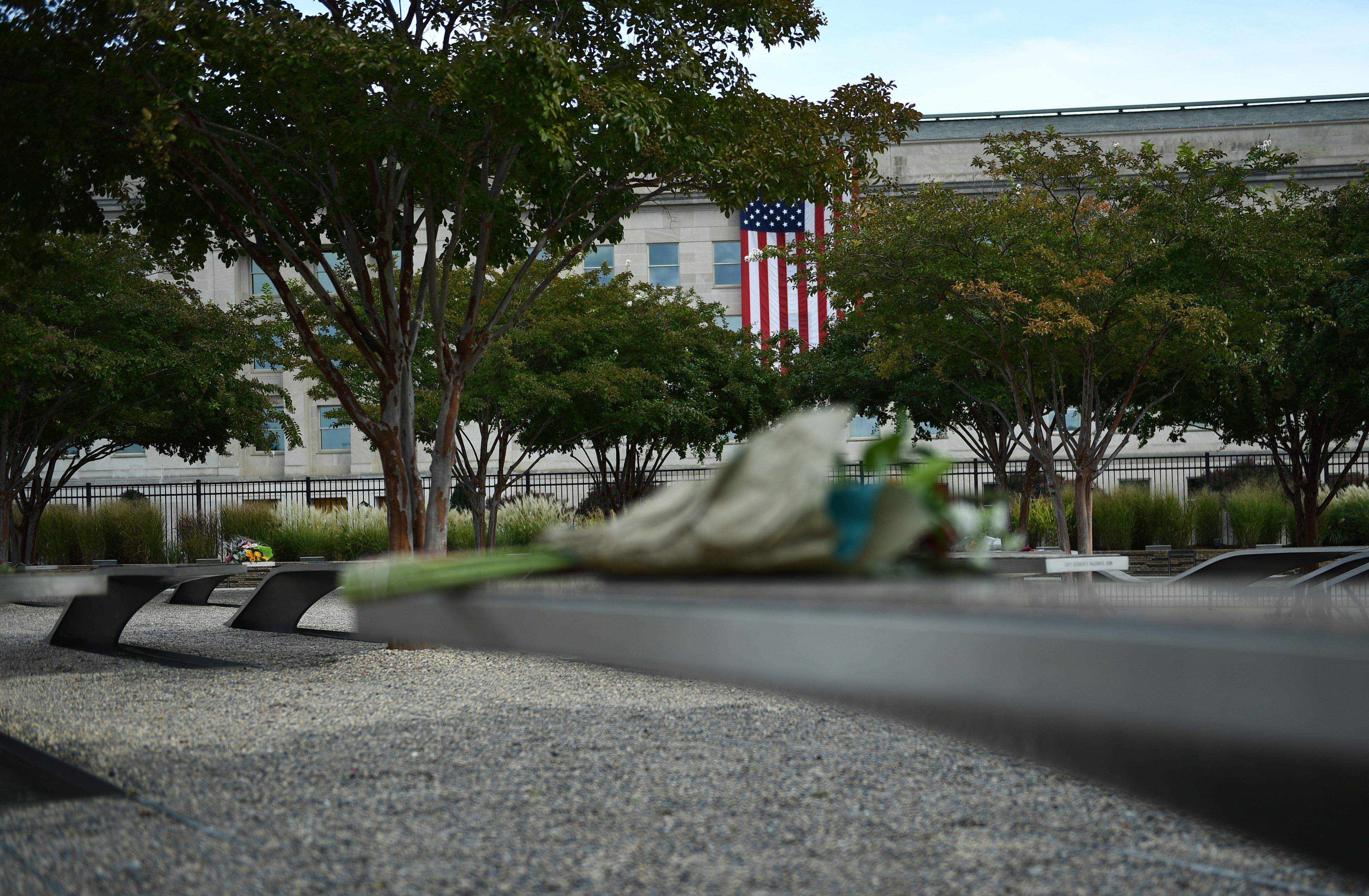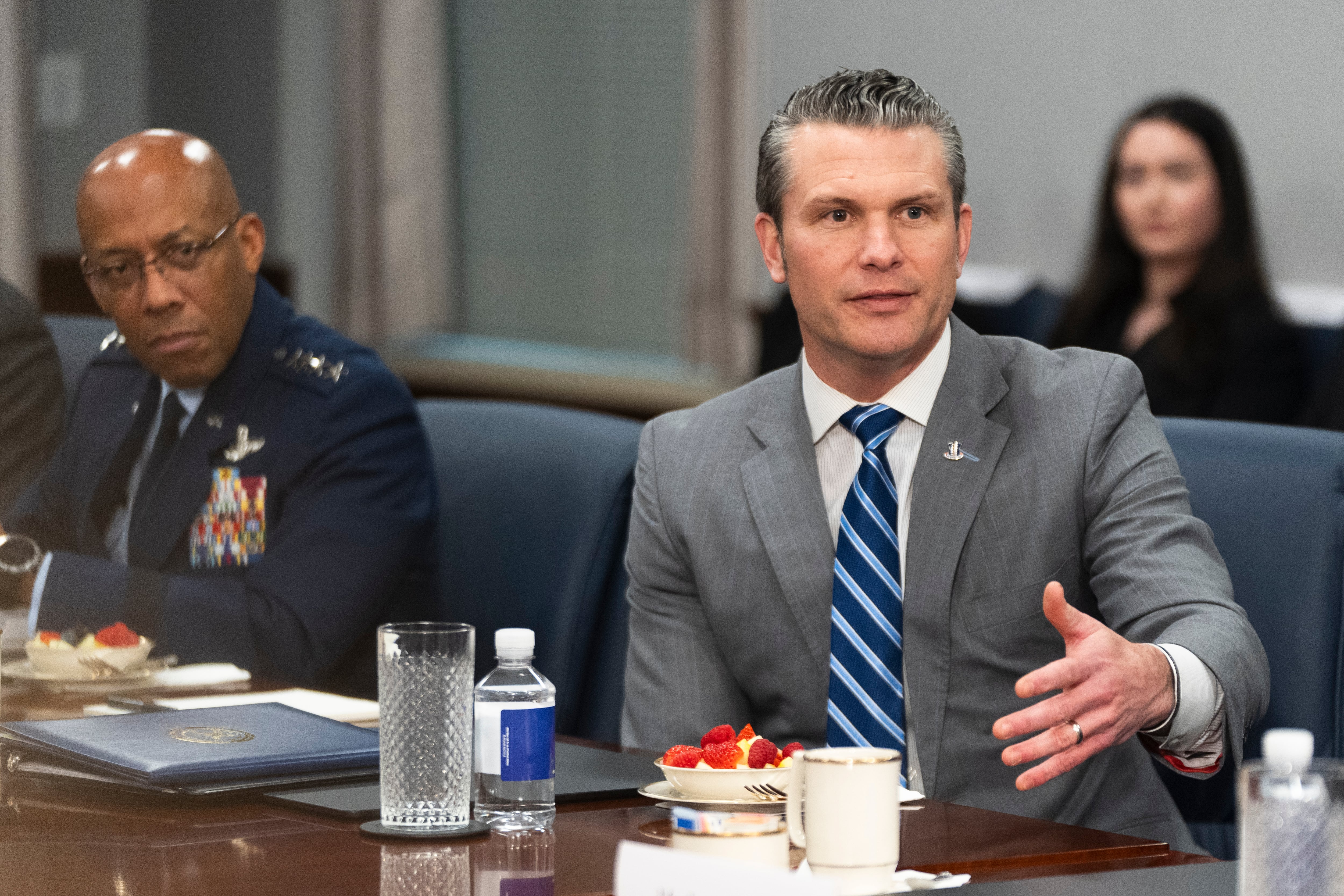With a possible government shutdown about three weeks away, Democratic lawmakers are sounding the alarm that even a partial disruption in government funding would endanger national security and harm military families’ finances.
On Wednesday, House Armed Services Committee ranking member Adam Smith, D-Wash., at the annual Defense News Conference said the military could be among the hardest hit government institutions by a shutdown. Even if money is not available for all military operations, troops (and some Defense Department civilians) will still be required to continue manning their posts even as their pay is withheld because of a lack of approved funding.
“Basically, if we don’t pass a CR (continuing resolution) and the government shuts down on Oct. 1, troops literally don’t know when they’re going to get paid again,” Smith said, answering a question about whether a shutdown could harm military operations. “We can say, ‘Look, this has happened in the past, and we will take care of you, trust us.’ But .... No one is going to be happy not knowing if and when they’re going to get paid again. It would be unbelievably disruptive to the ability of our servicemen and women to do their jobs and protect our country.”
Federal funding fights have become commonplace on Capitol Hill, but a government shutdown that has disrupted troops’ pay is rare. In 2018, a 35-day shutdown delayed paychecks for members of the Coast Guard for weeks, while funding for the Department of Homeland Security was in flux.

In 2013, Congress passed temporary legislation protecting military pay just hours before the start of 16-day shutdown. But some bonuses and other compensation were affected by the budget lapse.
The Senate will vote on legislation early next week that could help avoid a budget lapse, but Republican House leaders haven’t signaled whether they’d support the move. House Speaker Kevin McCarthy, R-Calif., has said that avoiding a shutdown is his caucus’ top priority for the next few weeks but blamed Democratic rivals for the lack of progress on the issue thus far.
In remarks Wednesday afternoon on their legislative plans for this month, Democratic Senate leaders emphasized the potential impact of a shutdown on the military and implored House Republicans to find areas of compromise.
“A government shutdown threatens the safety of Americans in every single area of our lives: support for the troops and national defense, air travel, rail safety, food inspections, basically our ability to provide Americans with the daily services that they need and deserve,” said Sen. Debbie Stabenow, D-Mich.
White House press secretary Karine Jean-Pierre a day earlier said that “there is no reason for Congress to shut down the government .… It is important to fund these incredibly vital programs that American people need, that our troops need, and emergency needs that we have.”
Defense Department leaders have not issued any guidance yet on how troops’ and civilian staffers’ job responsibilities would be affected by a shutdown. The first military paycheck that could be disrupted by a shutdown would come, or not, on Oct. 13. All federal employees who missed paychecks in past shutdowns have been given back pay after the funding fights were resolved, but the process is not automatic.
House lawmakers are scheduled to return from their late summer recess next Monday and are expected to immediately begin negotiations with Senate officials on a new budget plan.
Leo covers Congress, Veterans Affairs and the White House for Military Times. He has covered Washington, D.C. since 2004, focusing on military personnel and veterans policies. His work has earned numerous honors, including a 2009 Polk award, a 2010 National Headliner Award, the IAVA Leadership in Journalism award and the VFW News Media award.










